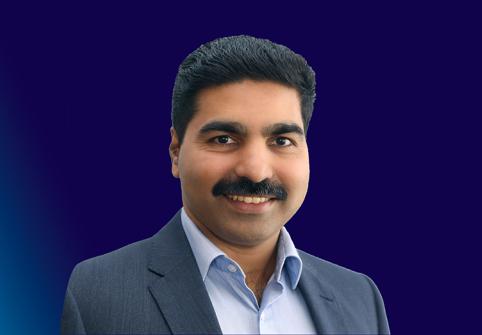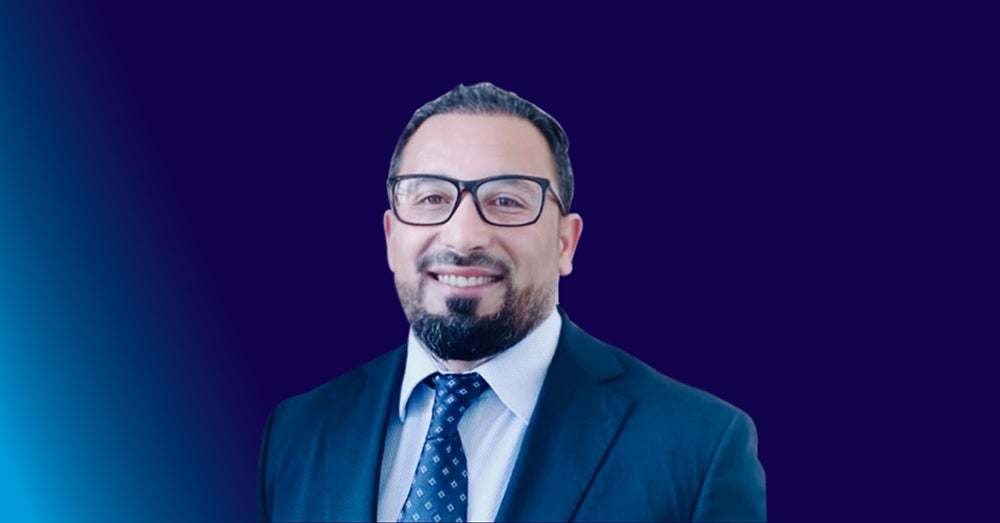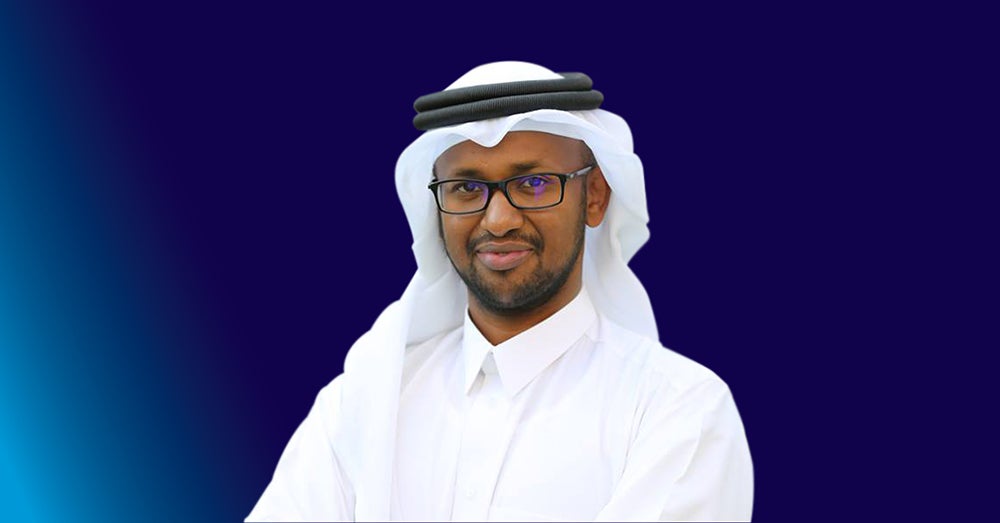News
New and Returning Faculty Members Enrich HBKU’s Expanding Academic Community
16 Aug 2020Faculty members work across six colleges and three research institutes to create innovative research and learning environment

Since opening its doors in 2010, Hamad Bin Khalifa University (HBKU) has consistently attracted renowned faculty and internationally-recognized researchers to develop academic programs, undertake cutting-edge research and train future generations of innovators and leaders. Their presence in turn reflects the diversity of content offered by six world-class colleges and three research institutes, as well as their shared mission to create an innovative research and teaching environment.
With the 10th anniversary of its founding firmly in mind, HBKU remains committed to drawing exceptional academic staff from within Qatar and abroad to inform its interdisciplinary portfolio of innovative and mission-driven research activities. Once again, several new faculty members from diverse academic backgrounds will be joining different colleges across the University. Beyond upholding HBKU’s reputation for scholarly excellence, each will make their mark on the University’s determined efforts to build and cultivate human capacity through enriching academic and research experiences.
On his experience as a newly joined faculty member, Dr Puthen Veettil Jithesh, an associate professor with the College of Health and Life Sciences (CHLS) and Chair of the Genomics and Precision Medicine (GPM) Admissions Committee, said: “It is a great honor and privilege to join HBKU as a full-time faculty with the newly established CHLS. My association with the college as an adjunct faculty since its inception and coordination of modules and teaching for the GPM program have provided a stimulating and rewarding experience.”
 “Precision medicine is an incipient approach to the prevention, diagnosis and treatment of diseases considering the genetic, environment and lifestyle makeup of an individual or group of individuals, moving away from the trial-and-error and one-drug-fits-all models of healthcare. Advancements in high throughput technologies such as genomics are beginning to facilitate the implementation of precision medicine in routine healthcare. The Masters and PhD programs in GPM at HBKU are examples of the College’s commitment and capability to impart education and training the next-generation of scientists and biomedical professionals in cutting-edge fields relevant to healthcare in the country and beyond.”
“Precision medicine is an incipient approach to the prevention, diagnosis and treatment of diseases considering the genetic, environment and lifestyle makeup of an individual or group of individuals, moving away from the trial-and-error and one-drug-fits-all models of healthcare. Advancements in high throughput technologies such as genomics are beginning to facilitate the implementation of precision medicine in routine healthcare. The Masters and PhD programs in GPM at HBKU are examples of the College’s commitment and capability to impart education and training the next-generation of scientists and biomedical professionals in cutting-edge fields relevant to healthcare in the country and beyond.”
Dr. Anis Ben Brik, a returning College of Public Policy faculty member, said: “As a faculty member who loves my job and loves my students, I'm very excited to go back. Although I miss being on campus and I miss my students, and since we now know that online instruction can only partially replace the power and potential of student-teacher relationships and learning, I still believe that distance learning has enhanced portions of my teaching. I am now allowed to utilize technology that perhaps I haven’t had time to before. My students learned so much, not the least of which is resilience, time management and how to assume responsibility for their own learning.”
Incoming faculty member, Dr. Aiman Mohmood Erbad, of the College of Science and Engineering, said: “It is an honor to join HBKU’s College of Science and Engineering as a faculty member. The college draws regional and international attention due to its leading and diverse set of programs in engineering management and decision science, sustainable development, and information and computing technology (ICT). My area of interest, ICT, includes innovative programs in data science and analytics, cyber security, health information systems, and computer engineering. Computing technologies are leading in the digital transformation of the manufacturing, business, and government sectors through adopting innovative technologies, such as artificial intelligence (AI), 5G networking technologies, blockchain, robotics and automation.”
 “HBKU was recognized as the most innovative platform in Qatar IT Conference and Exhibition (QITCOM 2019) because of its capacity to display impactful research projects with promising potential. At the college of science and engineering, our academic programs and research activities are innovation-centric with a mission to solve challenging problems leading to local and international impact. Joining such a reputable team with world-class scientists, high caliber students, and state of the art facilities seems like standing on the shoulders of giants to achieve HBKU’s role as a leading research university in Qatar and the region.”
“HBKU was recognized as the most innovative platform in Qatar IT Conference and Exhibition (QITCOM 2019) because of its capacity to display impactful research projects with promising potential. At the college of science and engineering, our academic programs and research activities are innovation-centric with a mission to solve challenging problems leading to local and international impact. Joining such a reputable team with world-class scientists, high caliber students, and state of the art facilities seems like standing on the shoulders of giants to achieve HBKU’s role as a leading research university in Qatar and the region.”
More than 90 faculty members currently work across six colleges and three research institutes to advance HBKU’s remit of delivering a globally relevant educational experience. The University draws on in-house expertise to advance graduate-level education and continues to be recognized as a knowledge hub within Education City, the State of Qatar, and beyond.

